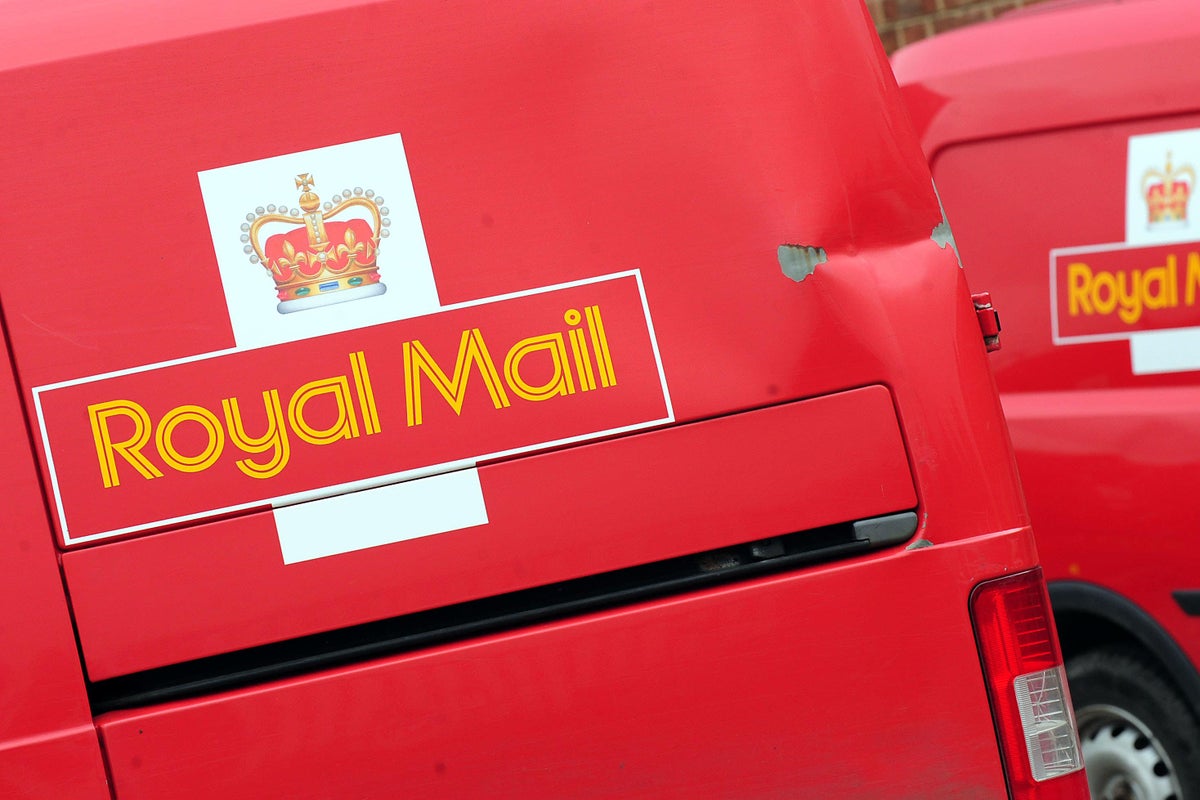
A family that deprived Royal Mail of £70 million over a decade owned a “multi-million-pound mansion” and bought properties “like Donald Trump,” a court has heard.
Parmjeet Sandhu, 56, and his nephew Balginder Sandhu, 46, were part of a scheme to under-declare mail posted through a network of logistics companies in Buckinghamshire and Berkshire, pocketing millions of pounds, it is alleged.
They worked under Parmjeet Sandhu’s brother, owner of Packpost International Ltd and “architect” of the fraud, Narinder Sandhu, who has already pleaded guilty, prosecutors told a jury.
Narinder Sandhu and his wife Jaswinder had a multi-million-pound home, a Bentley, a Rolls Royce and a pool house— Prosecutor Ellis Sareen
Parmjeet, director of sister companies Tiger International Logistics Ltd and Worldwide Transport Express Ltd, and his nephew, Balginder, owner of Global Express Worldwide Ltd, took part, it is alleged, as did a third man, Lakhwinder Sekhon, 42, who is not a family relation.
The trio appeared for trial at Southwark Crown Court, central London, on Wednesday charged with conspiracy to commit fraud by false representation between 2008 and 2017.
Prosecutor Ellis Sareen said Narinder Sandhu lived with his family at Hadley Grange, a “multi-million-pound mansion” near Beaconsfield, Bucks.
“Narinder Sandhu and his wife Jaswinder had a multi-million-pound home, a Bentley, a Rolls Royce and a pool house,” Mr Sareen continued.
Sandhu’s declared taxable income was about £1 million per year towards the end of the period that the fraud was running, the prosecutor said.
His brother Parmjeet did not become as wealthy, but still made “a lot of money,” Mr Sareen added.
Coming from a man buying properties like Donald Trump— Message allegedly sent by Lakhwinder Sekhon to Balginder Sandhu
Mr Sareen said “thousands” of items were under-declared by manipulating docket spreadsheets.
He said they “exploited and manipulated” a self-declaration system used by large postage firms and in some cases paid half of what they should have for the mail posted.
Mr Sareen said: “In this case, we will be talking about literal tonnes of mail – thousands of thousands of items.”
While completing some invoices in 2012, Balginder Sandhu remarked “how rich” his alleged co-fraudster Lakhwinder Sekhon was getting.
In a message, Sandhu said: “Mans is smashing it… U keep making big bux.”
Sekhon replied: “Hahaha… Coming from a man buying properties like Donald Trump.”
Balginder Sandhu’s declared income rose from £30K for the 2008/09 tax year to £350K in 2013/14, which he used to buy properties, Mr Sareen said.
His uncle, Parmjeet Sandhu, operated from a warehouse in Slough, Berkshire, where his companies were based, while Balginder was also “integral” to the scheme, it is alleged.
Lakhwinder Sekhon is alleged to have helped Narinder Sandhu find properties in which he could invest profits from the fraud.
He had an income of almost £100K a year on average in the tax years 2014/15 to 2016/17, the prosecutor said.
By 2016, so many companies were being operated by the group they were “starting to forget” where they were located, Mr Sareen said.
The fraud was only discovered when Royal Mail customers said competitors were offering unrealistic rates.
This has cost Royal Mail about £70 million or a little more. (The defendants) have not pocketed £70 million, but they have benefited— Prosecutor Ellis Sareen
Royal Mail accountants analysed records before detailed checks were carried out, Mr Sareen said.
When investigators became suspicious about the group’s companies, all of their mail was diverted and checked, at which point it was found their postings had been “significantly under declared,” the prosecutor said.
Police warrants were issued in 2017, and the alleged fraudsters were arrested, the court heard.
Mr Sareen continued: “This has cost Royal Mail about £70 million or a little more.
“(The defendants) have not pocketed £70 million, but they have benefited.”
The three deny the charges and the trial continues.







